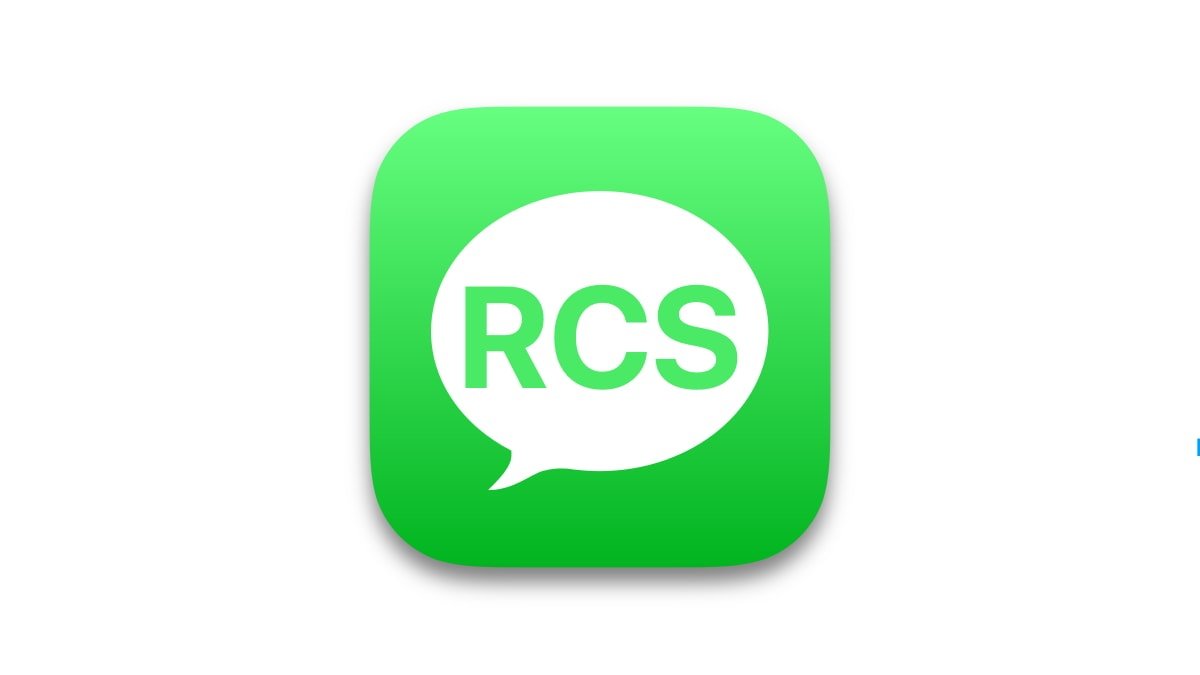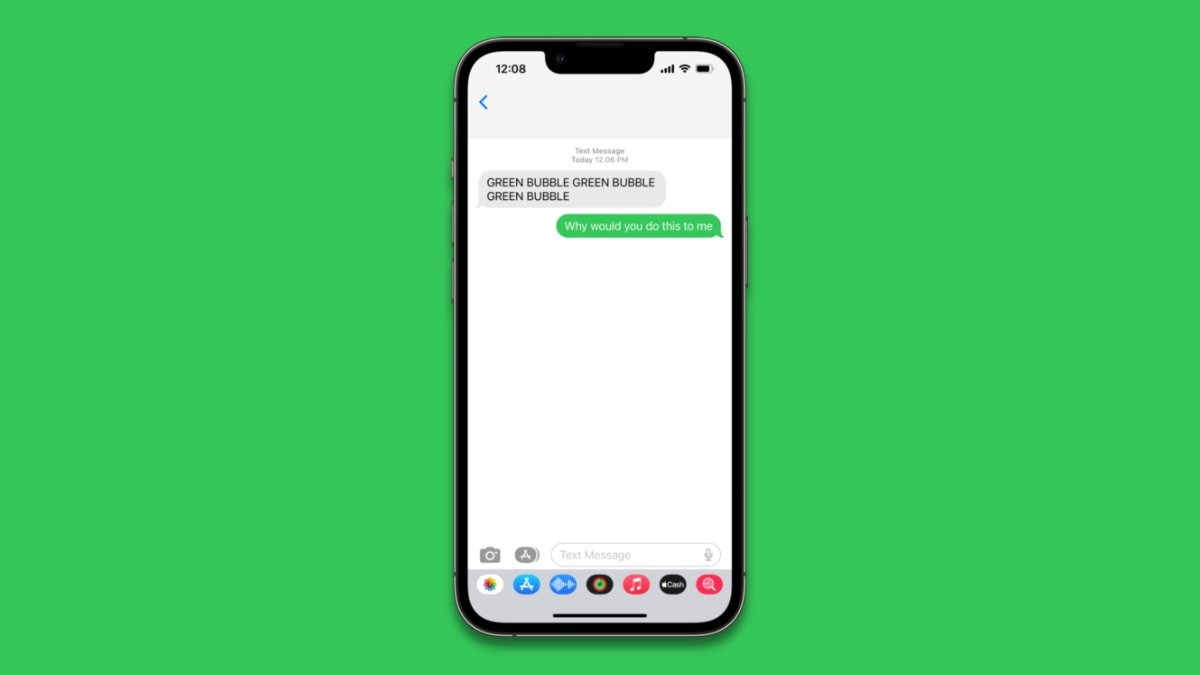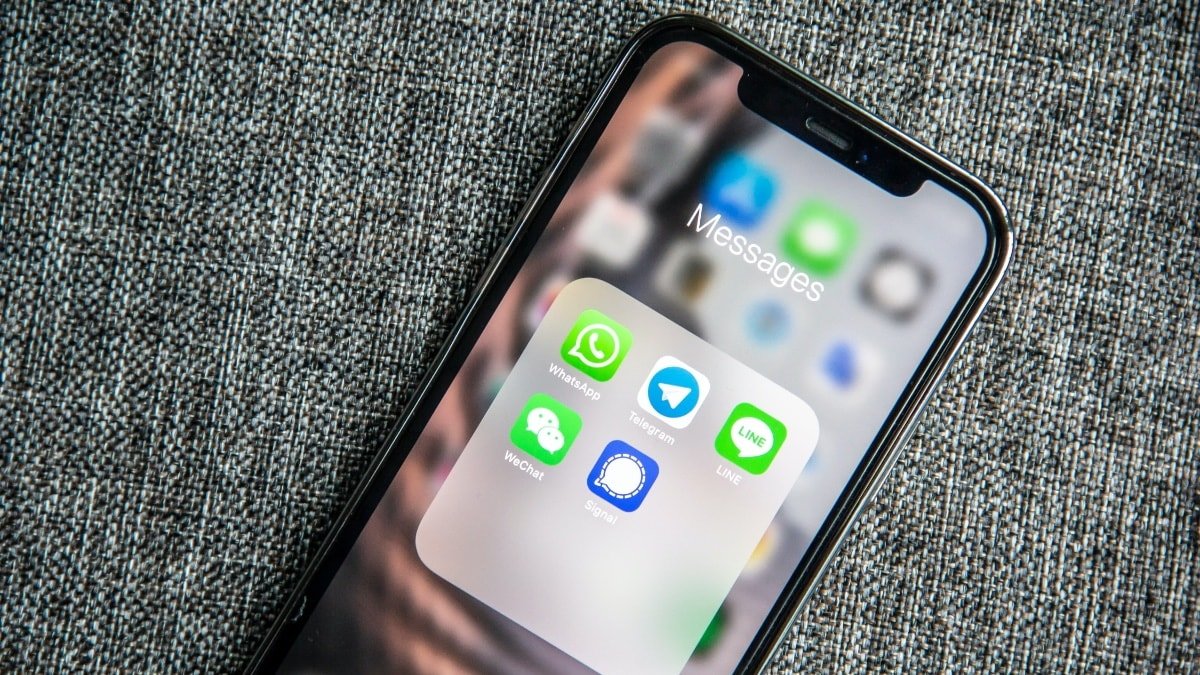RCS is still half-baked, and Apple has no reason to adopt it
Last updated
In June, Google posted a video about how RCS can bridge the messaging gap between iOS and Android, and it amped up efforts and escalated the effort on Tuesday. But, Apple doesn't need RCS, or at least the half-baked version it is today.
Google's "unofficial lyric explainer" video explains that "Texts Go Green" refers to the phenomenon when an iPhone user gets blocked, or tries to text an Android user. A sarcastic message at the end of the video says that it is a problem Apple can fix by adopting Rich Communication Services) RCS.
Green bubbles have long been part of the Apple community. Inside the default Messages app, blue chat bubbles mean an iPhone-to-iPhone conversation. When an iPhone user texts an Android user the chat bubbles are green.
It's become a meme over the years, and Google claimed in January 2022 that Apple uses these different colors to bully Android users.
Those green chats are SMS messages and there is a real social effect since SMS doesn't support rich iMessage's features. Some, like message reactions, get broken if an Android user is in a group chat with an iPhone user.
An iPhone user can long-press a chat to give it a heart, thumbs up, or a different reaction. The Android user sees a text version of the emoji instead of a graphical representation: "[User] loved [text message]."
Google did roll out support for these features in 2021, but still claims green bubbles can be solved with RCS.
Rich Communication Services
RCS is a messaging protocol designed as the successor to the older SMS and MMS protocols. It supports iMessage-like features in all texting.
Formed in 2007 it was brought into the GSM Association where it was slowly refined. Features were added over the years, such as group chat, file transfer, visual voice mail, and even chatbots in 2017.
In 2018 Google announced it was working with major carriers to adopt RCS. Verizon rolled out support starting in 2022, while the other carriers supported it earlier.
Read receipts, group messages, encryption, stickers, and more are all features that iPhone users enjoy. RCS would bring those features to Android phones and is just waiting for Apple.
But the rollout of RCS has been messy. Not all carriers and devices support the protocol and it can be implemented in different ways, such as encryption.
Unlike iMessage, end-to-end encryption is not built-in to RCS. Carriers and companies can add such encryption if they choose. Google added support for this encryption in 2020 but only for one-on-one conversations.
Like SMS, RCS relies on an active phone number. Texting gets tied to a cellular bill and can vanish if a payment is missed or because of other cellular network chicanery.
In iMessage, chats can be sent from a phone number or email address associated with an Apple ID. A SIM card isn't required for conversations with other Apple users.
Google offers RCS communication in its Android Messages app as the default. No matter how many messaging apps Google goes through, Android users can have those rich features as long as Google supports RCS.
The tech giant is infamous for abandoning products. Dozens of hardware, software, and services have fallen by the wayside over the years. RCS can't rely on Google if the goal is to replace SMS.
Apple doesn't need RCS
People with iPhones aren't going to stop texting their Android friends just because a green bubble appears. And, the iMessage stigma is only in the United States. Internationally, alternatives have a much higher adoption rate.
If a shared experience with features that everyone can enjoy is desired, third-party apps such as Facebook Messenger or WhatsApp are there to fill the gap.
These apps support rich features that both ecosystems can enjoy because they're using the same app. These apps use neither iMessage nor SMS, making them universal. Only an internet connection is required.
Apple probably didn't create iMessage as a way to lock people into iOS at the start, but the platform has certainly grown that way. It's effectively a social network, one that Apple can upgrade without waiting on industry associations and carriers.
Apple has shown no interest in releasing an iMessage app for Android either. In the past it was revealed that Apple executives said that an Android version is possible, but would "hurt us more than help us."
Encryption and other enhanced features are advantages that RCS has over SMS, but for now, it seems the only way Apple is going to support it is if SMS went away entirely.
RCS doesn't fix anything for iPhone owners that can't already be solved. The protocol had a better chance of replacing SMS if implementation started in 2007 around the iPhone's release.
For now, RCS is merely an alternative and not yet a standard. Despite adoption by some carriers and some companies, it is too little, too late unless Google makes significant changes and improvements.
 Andrew Orr
Andrew Orr

















 Amber Neely
Amber Neely
 Thomas Sibilly
Thomas Sibilly
 AppleInsider Staff
AppleInsider Staff
 William Gallagher
William Gallagher
 Malcolm Owen
Malcolm Owen
 Christine McKee
Christine McKee










50 Comments
Plus like so many past Google communication initiatives, there's a good chance they'll abandon it.
Apple isn’t sitting around watching in the audience. I bet they’re working on something great.
"My text shows up as green bubbles on your iPhone! We need a law to stop texting monopolies like Apple from doing that! It's so demeaning! I should be allowed to be referred to in the
pronouncolour of my choice! Not letting me choose my own colour is racist!""[RCS] is too little, too late unless Google makes significant changes and improvements"
Andrew, I appreciate the article, but i'm curious about this statement. What significant changes to RCS should Google make? You don't bother to elaborate on any of that in the article. You mentioned that RCS doesn't support e2ee out of the box, but Google has already added it for one-on-one messages while groups are still in the clear. Is there anything else?